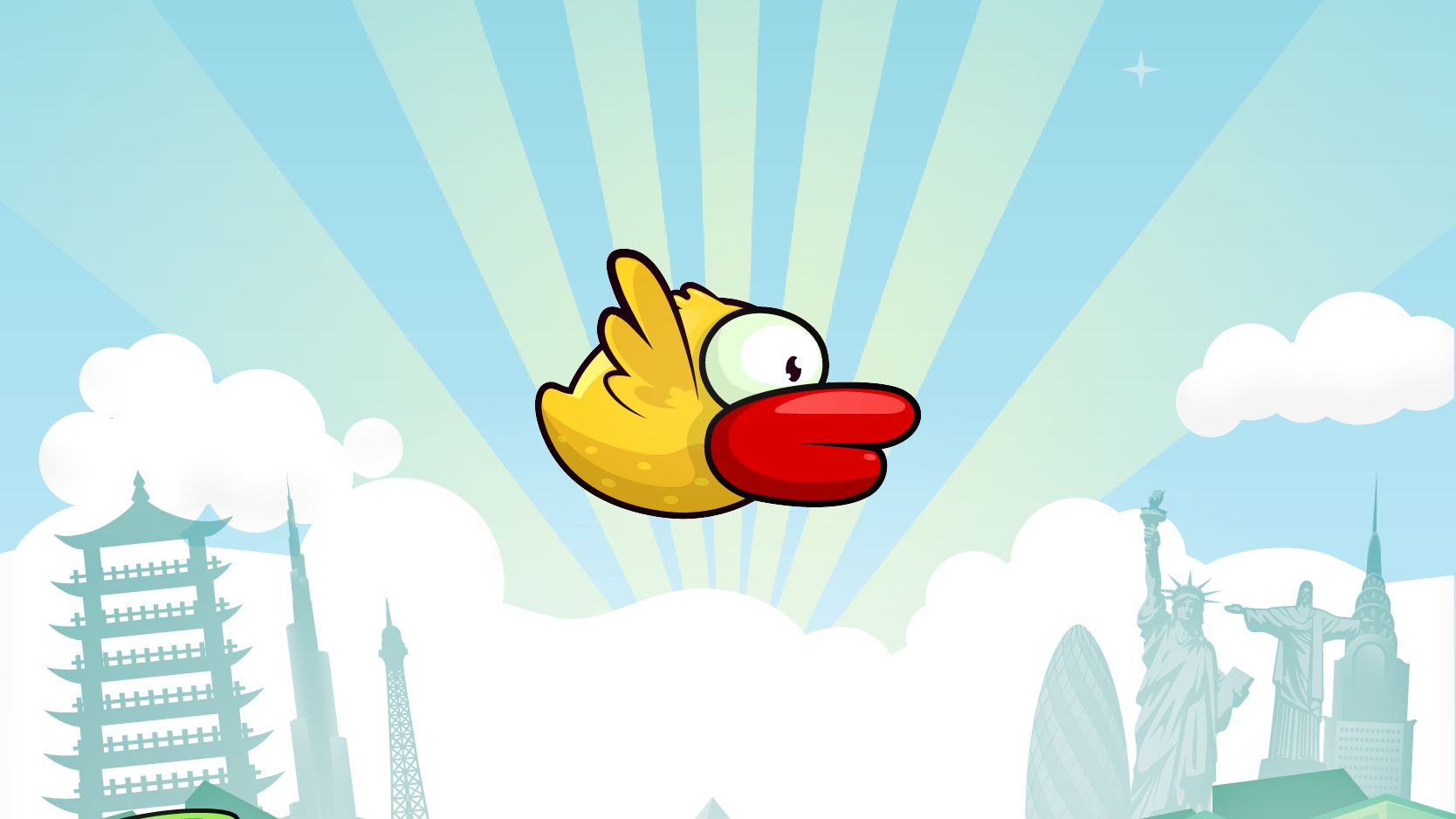Flappy Bird creator says he's got nothing to do with the game's zombie comeback—'I did not sell anything'
Crappy Bird?

Last week brought the unexpected news that Flappy Bird, the 2014 viral hit, is making a comeback. But the game's creator Dong Nguyen was notably absent from the announcement, and the more you look into the apparent reboot the murkier it gets. Trademark shenanigans, a new "foundation" behind the relaunch, and the unmistakeable whiff of crypto: oh my.
Now Nguyen has made his first public statement in seven years, confirming he has no involvement with this relaunch of Flappy Bird, and doesn't believe he's sold any rights.
"No, I have no related [sic] with their game," writes Nguyen on social media. "I did not sell anything. I also don't support crypto."
Necessary context for this is that Nguyen's reaction to Flappy Bird's overwhelming success back in 2014 was a surprising one. At the peak of the game's popularity, Nguyen withdrew it from sale, saying that it was "a success of mine. But it also ruins my simple life. So now I hate it."
As detailed in our original report, Flappy Bird subsequently became the subject of a behind-the-scenes trademark dispute in the United States between Nguyen and a Delaware-based company called Gametech. The long-and-short of this is that Nguyen doesn't appear to have acted to defend the trademark, and after many years it was eventually awarded to Gametech.
From here we get to the Flappy Bird Foundation, "a new team of passionate fans committed to sharing the game with the world" who claim to have "spearheaded the acquisition of the official trademark." This is the outfit behind the relaunch of Flappy Bird. The key figure behind both Gametech and the Flappy Bird Foundation is one Michael Roberts, a developer who seems to have a big interest in NFTs and crypto and describes themselves as the "chief creative" behind the game's return.
The Flappy Bird Foundation is trying to make it sound like this is something heroic: "The decade-long mission involved acquiring legal rights and even working with my predecessor to uncage me and rehatch the official Flappy Bird game!" The confusing reference to "my predecessor" relates to a game called Piou Piou with similar mechanics that predated Flappy Bird, whose creator has been roped-in to this project to lend a sort of veneer of historical legitimacy.
The biggest gaming news, reviews and hardware deals
Keep up to date with the most important stories and the best deals, as picked by the PC Gamer team.
Amusingly enough, the reboot's official social media account has now become a target for the community notes crowd, with every one of its announcements swiftly plastered with caveats about the ownership and trademark shenanigans.
There are lots of questions over this relaunch, to say the least, and I'm not sure many of us are going to like the answers. I've put a range of them to the Flappy Bird Foundation, as well as contacting Nguyen's representatives, and will update with any response.

Rich is a games journalist with 15 years' experience, beginning his career on Edge magazine before working for a wide range of outlets, including Ars Technica, Eurogamer, GamesRadar+, Gamespot, the Guardian, IGN, the New Statesman, Polygon, and Vice. He was the editor of Kotaku UK, the UK arm of Kotaku, for three years before joining PC Gamer. He is the author of a Brief History of Video Games, a full history of the medium, which the Midwest Book Review described as "[a] must-read for serious minded game historians and curious video game connoisseurs alike."

